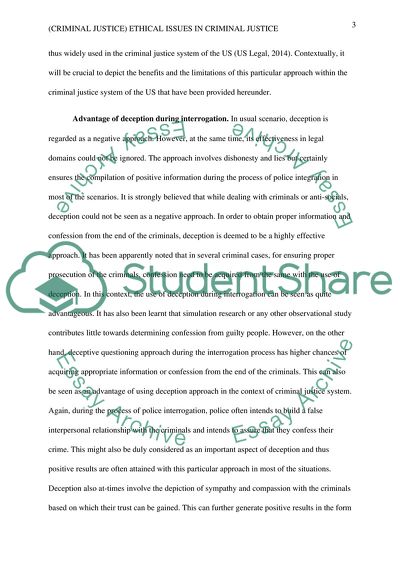Cite this document
(Ethical Issues in Criminal Justice Coursework Example | Topics and Well Written Essays - 3000 words, n.d.)
Ethical Issues in Criminal Justice Coursework Example | Topics and Well Written Essays - 3000 words. https://studentshare.org/ethics/1842957-criminal-justice-ethical-issues-in-criminal-justice
Ethical Issues in Criminal Justice Coursework Example | Topics and Well Written Essays - 3000 words. https://studentshare.org/ethics/1842957-criminal-justice-ethical-issues-in-criminal-justice
(Ethical Issues in Criminal Justice Coursework Example | Topics and Well Written Essays - 3000 Words)
Ethical Issues in Criminal Justice Coursework Example | Topics and Well Written Essays - 3000 Words. https://studentshare.org/ethics/1842957-criminal-justice-ethical-issues-in-criminal-justice.
Ethical Issues in Criminal Justice Coursework Example | Topics and Well Written Essays - 3000 Words. https://studentshare.org/ethics/1842957-criminal-justice-ethical-issues-in-criminal-justice.
“Ethical Issues in Criminal Justice Coursework Example | Topics and Well Written Essays - 3000 Words”. https://studentshare.org/ethics/1842957-criminal-justice-ethical-issues-in-criminal-justice.


